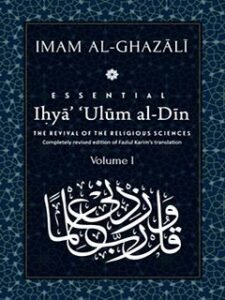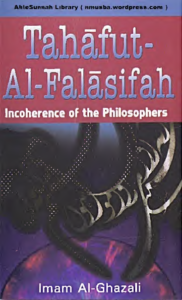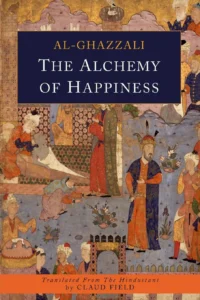Al-Ghazali: The Scholar Who Bridged Reason and Spirituality

Abu Hamid Muhammad ibn Muhammad al-Ghazali, commonly known as Al-Ghazali, stands as one of the most influential figures in Islamic intellectual history. Born in 1058 CE in Tus, Persia, his life and work would eventually reshape Islamic theology, philosophy, and mysticism, influencing not only the Muslim world but also the broader realm of global thought.
Early Life and Intellectual Journey
Al-Ghazali grew up during a period of intellectual vibrancy in the Islamic world. As a young man, he demonstrated an insatiable thirst for knowledge, studying under prominent scholars in jurisprudence, theology, and philosophy. His academic journey took him through the renowned Nizamiyya madrasa in Baghdad, where he immersed himself in the study of Islamic jurisprudence (fiqh), theology (kalam), and the works of Greek philosophers translated into Arabic. This diverse intellectual background set the stage for his later works that would challenge and redefine established ideas.
Contributions
Reforming Islamic Theology and Jurisprudence
- Integration of Faith and Practice:
Al-Ghazali emphasized that religious practice should go beyond ritual observance. In works like Ihya’ Ulum al-Din (The Revival of the Religious Sciences), he argued for a synthesis of the outer and inner dimensions of Islam. His approach underlined that a deep, transformative relationship with God is achieved through both proper adherence to Islamic law and the cultivation of inner virtues.

Philosophical Critique and the Limits of Reason
The Incoherence of the Philosophers:
In his seminal work Tahafut al-Falasifa (The Incoherence of the Philosophers), Al-Ghazali critically examined the overreliance on Greek-influenced philosophy in Islamic thought. He argued that while reason is an invaluable tool for understanding the natural world, it has limits when addressing metaphysical and spiritual truths. This critique was pivotal in steering Islamic intellectual tradition toward a more balanced view of reason and revelation.
Critical Evaluation of Philosophical Reasoning:
In Tahafut al-Falasifa (The Incoherence of the Philosophers), Al-Ghazali scrutinized the limits of human reason when it came to understanding metaphysical truths. While he recognized the importance of logic and rational inquiry, he argued that reason has its bounds, especially regarding divine mysteries. This work was pivotal in recalibrating the relationship between philosophy and theology within the Islamic tradition.

Legacy and Continuing Relevance
Al-Ghazali’s legacy is multifaceted. As a theologian, he reaffirmed the importance of divine revelation and spiritual experience, providing a counterbalance to the rationalistic tendencies of his time. As a philosopher, he paved the way for later debates on the interplay between reason and faith. And as a mystic, he illuminated the path to inner transformation and ethical living—a journey that remains relevant in today’s complex world.

His works have been studied and revered for centuries, ensuring that his insights into human nature, the divine, and the purpose of life continue to inspire scholars, theologians, and spiritual seekers around the globe. In a time when the dialogue between reason and faith is as vital as ever, Al-Ghazali’s thoughtful approach offers a timeless framework for understanding the complexities of both the intellectual and spiritual dimensions of existence.
Conclusion
Al-Ghazali was much more than a scholar; he was a visionary who bridged the realms of philosophy and mysticism. His call for a balanced, introspective approach to religious life challenges modern readers to seek depth beyond the surface, to harmonize rational inquiry with the search for spiritual meaning. In every era, his teachings remind us that true wisdom lies in the integration of mind and heart—a lesson as relevant today as it was a millennium ago.


